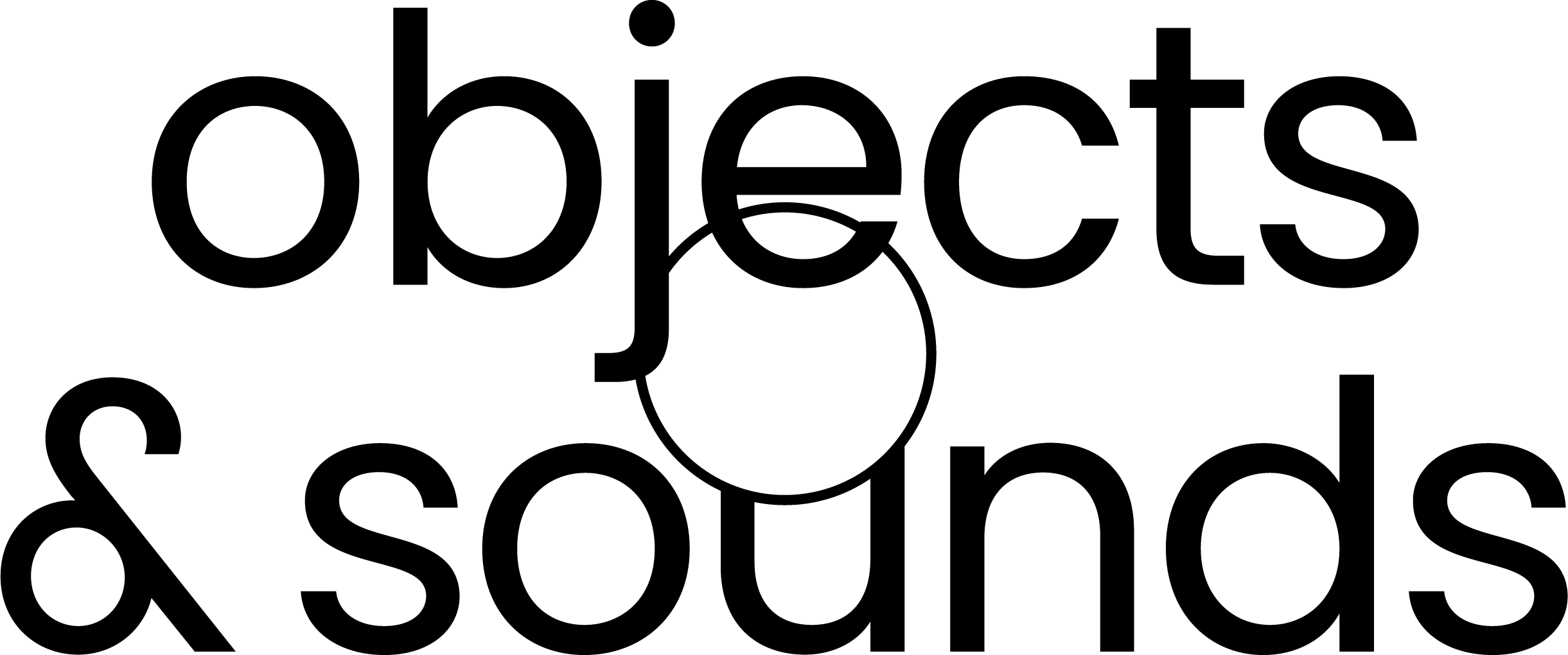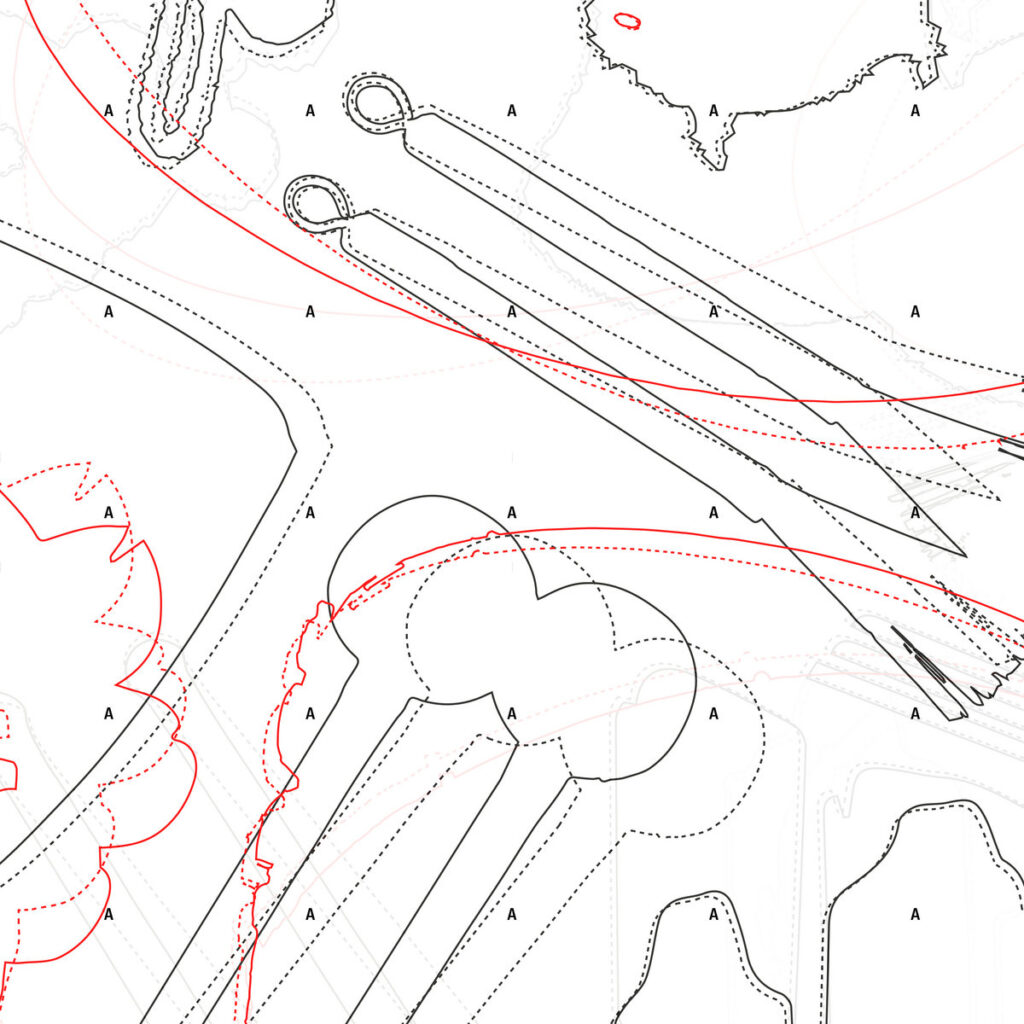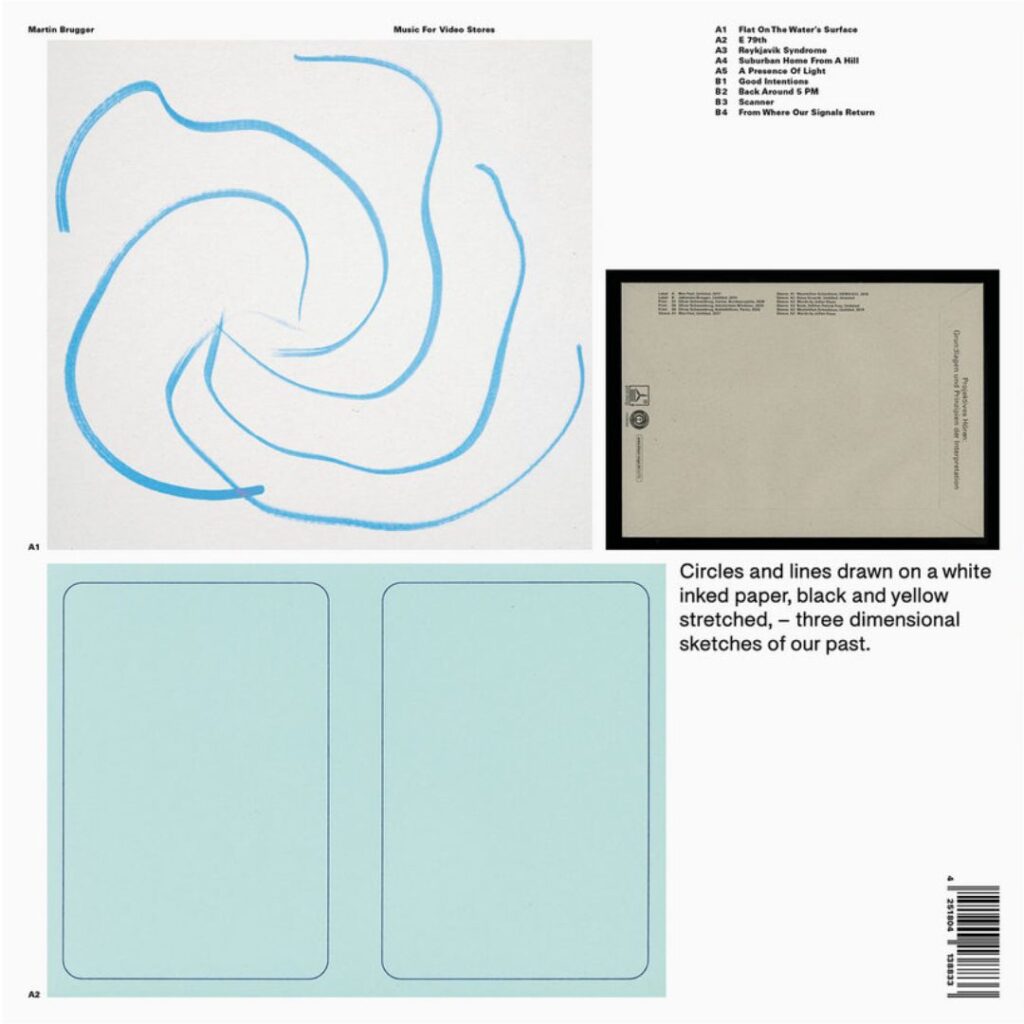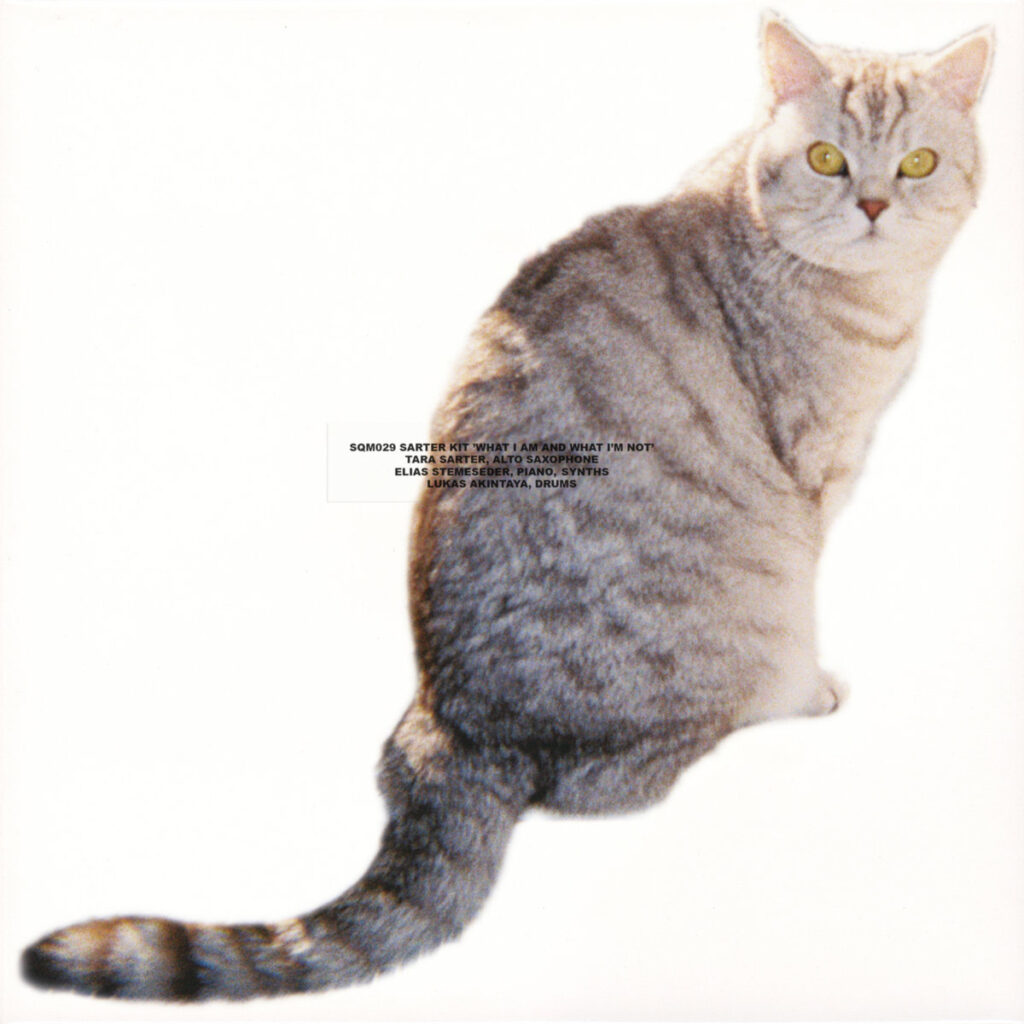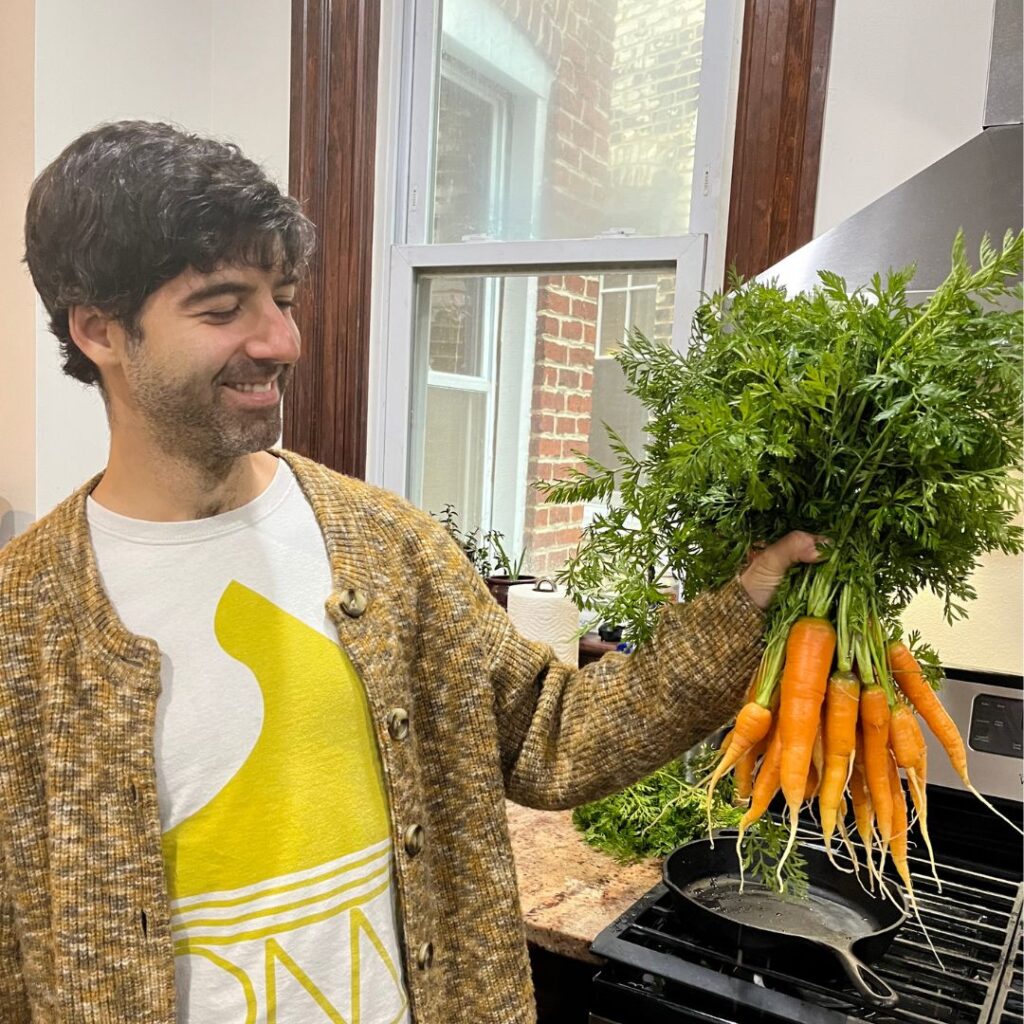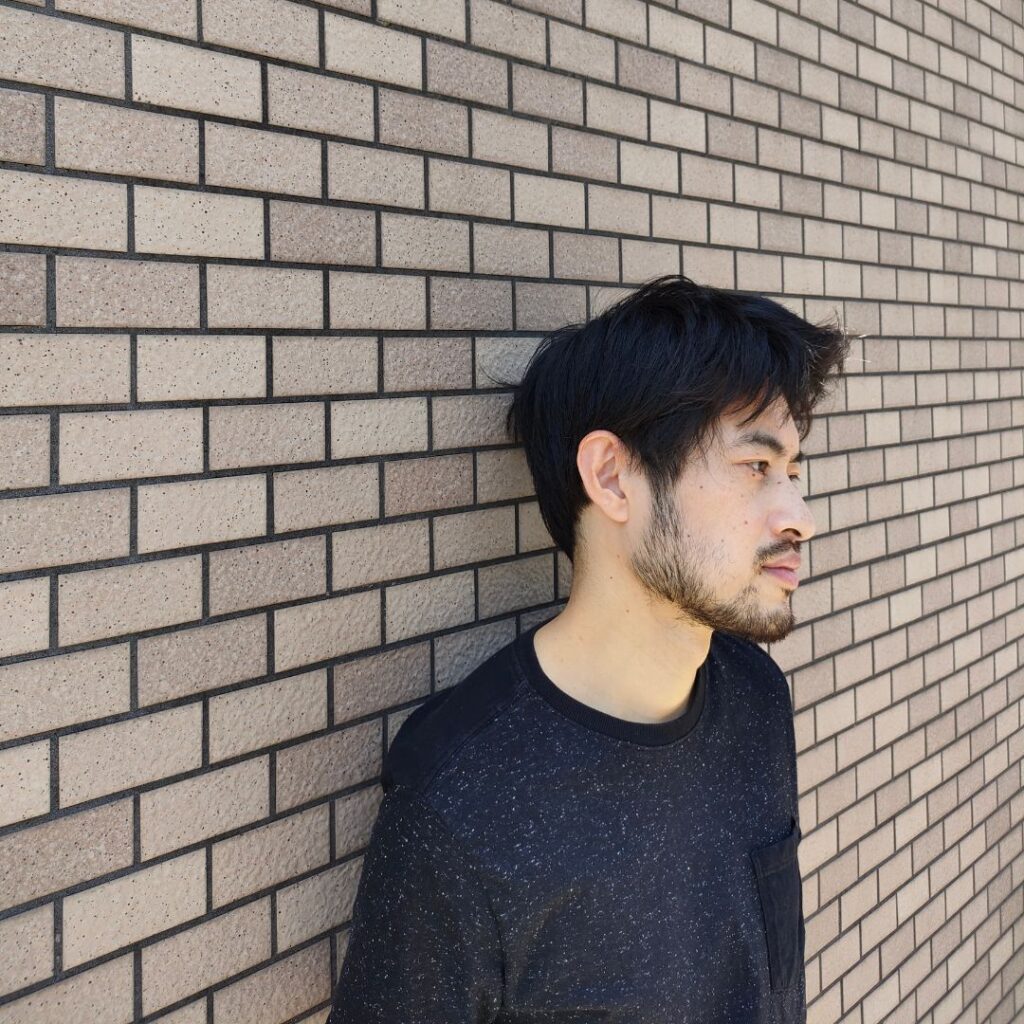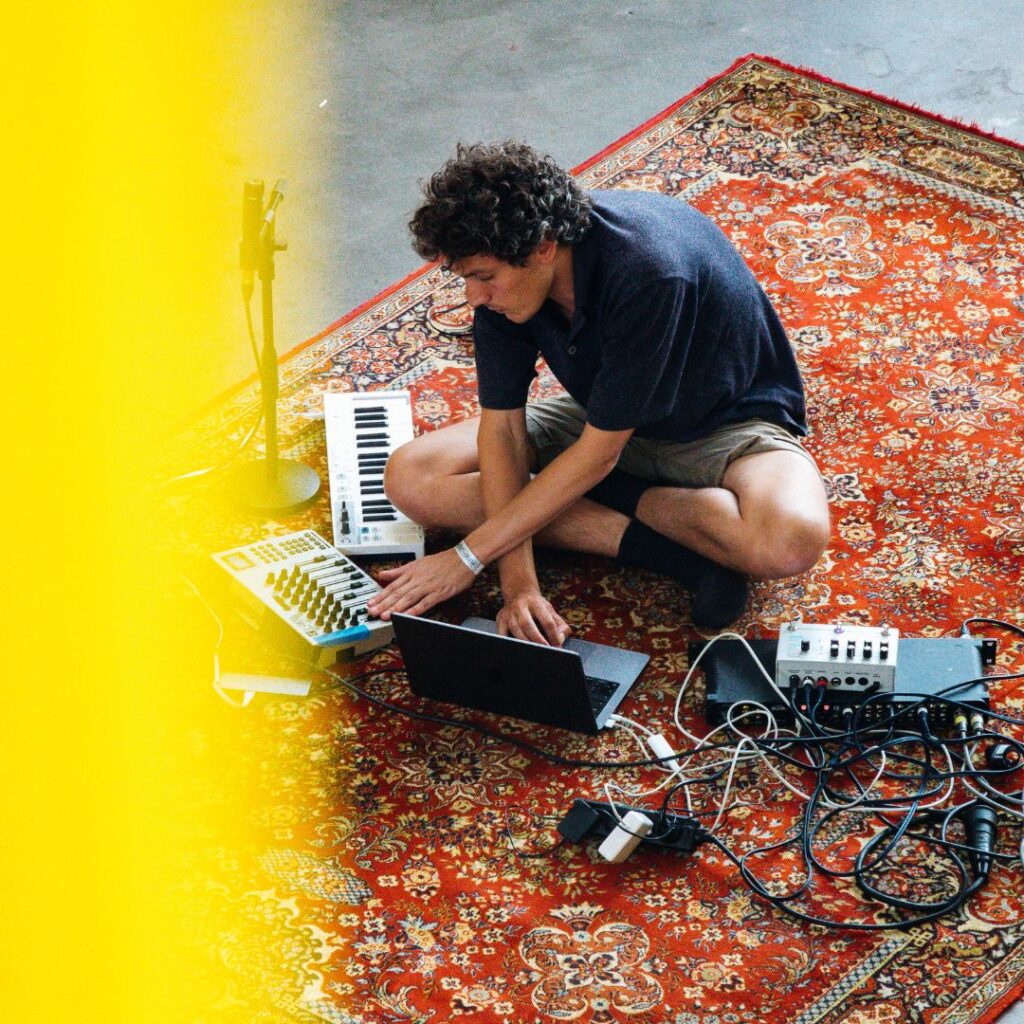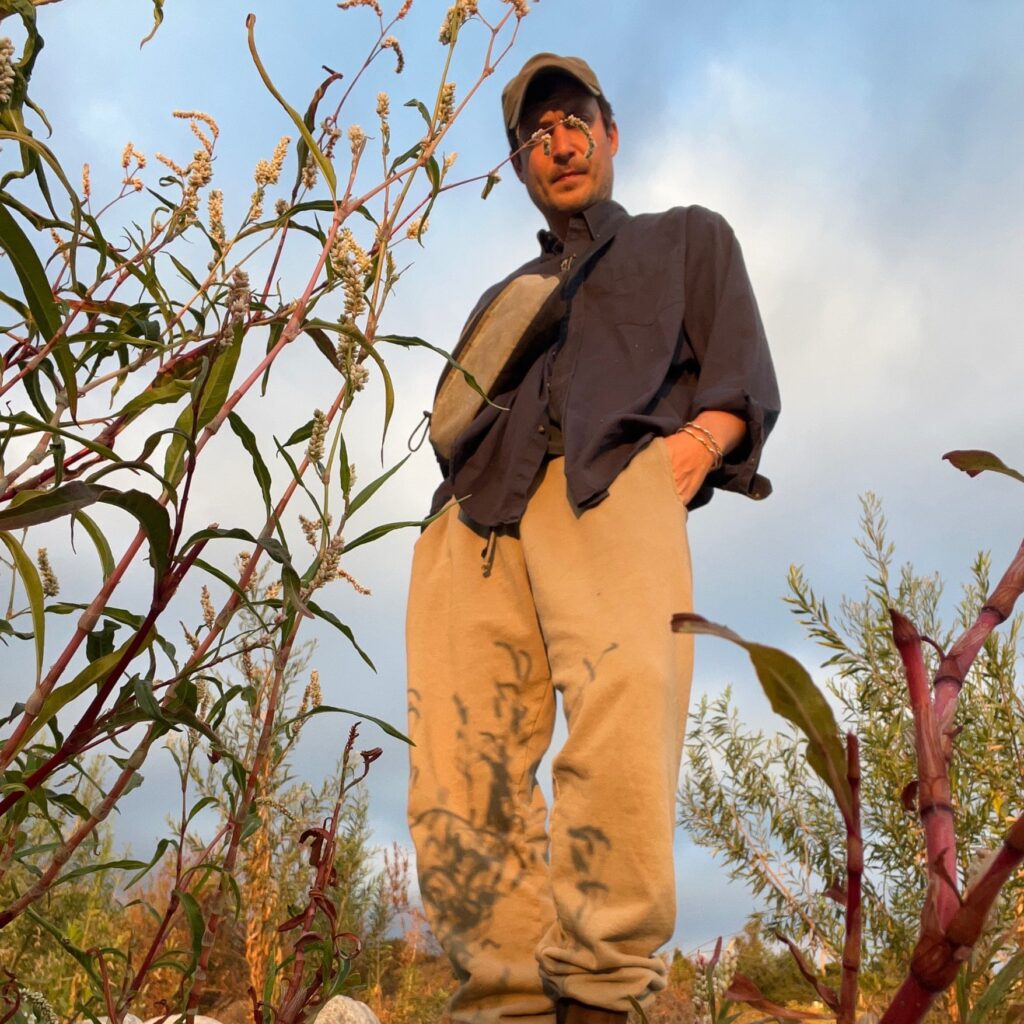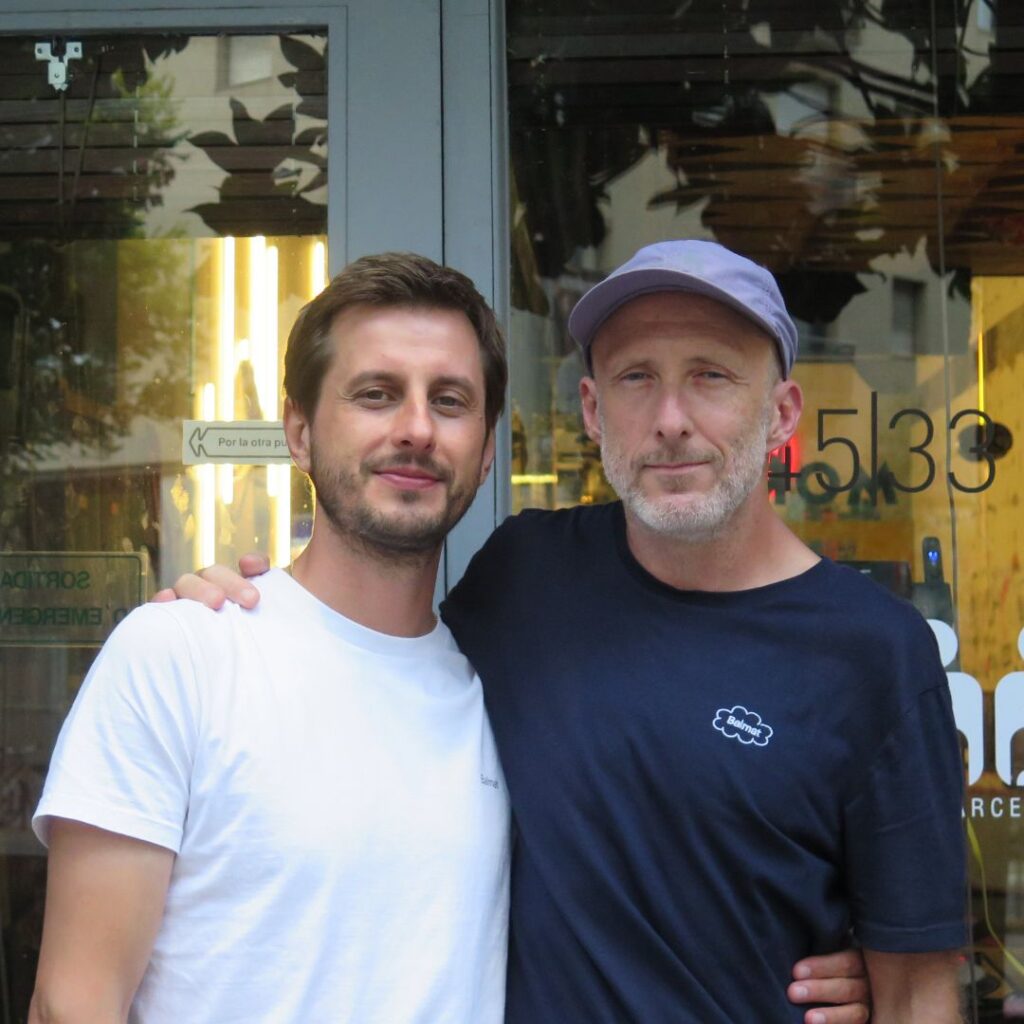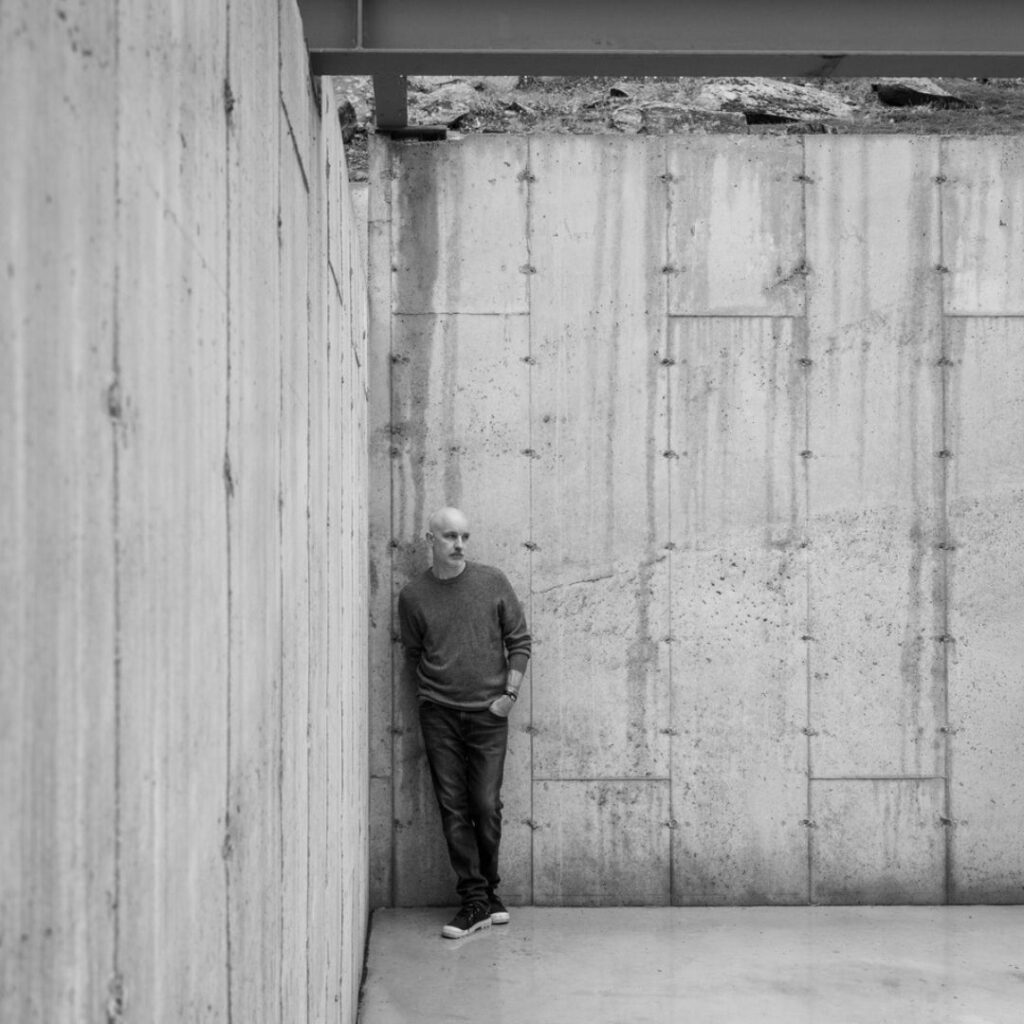going beyond the obvious with Squama
Squama is a Munich-based label run by Martin Brugger, producer and founder of jazz quintet Fazer, and Maximilian Schachtner, head of design and founder of Daily Dialogue. Together, they have distilled a unique identity for Squama that carries over across their musical production and visual communication.
Beyond their keen sense of aesthetics is an entrenched yearning for discovery and uncovering the new. Amazed with their rigor and relentlessness, we spoke with Martin and Max about how they go about conceptualizing and orchestrating releases and their distinct approach to developing the label’s music and visual identity.
Squama just started in 2019, but you already have a large catalog.
Martin: Especially in the beginning of the first year, there was a lot of good music coming to us from within our circles. We thought, if there’s music laying around, then it should be put out. That’s what kickstarted the label in the start. Now we’re also looking for new artists to add to the roster and are trying to broaden our view. Even though we’re deeply rooted in Munich, we don’t want to be a Munich-only label. We’re trying to look beyond our borders.
How are you able to keep up with the momentum?
Martin: Perhaps it’s the luxury of having a label run by a music producer and an art director. As a small label, you can’t just hire a high-profile designer and a music producer to work on a record that in the end sells only just 300 copies. I guess we’re just like lucky in that sense that we have everything we need in house to make the records look and sound the way we want them to.
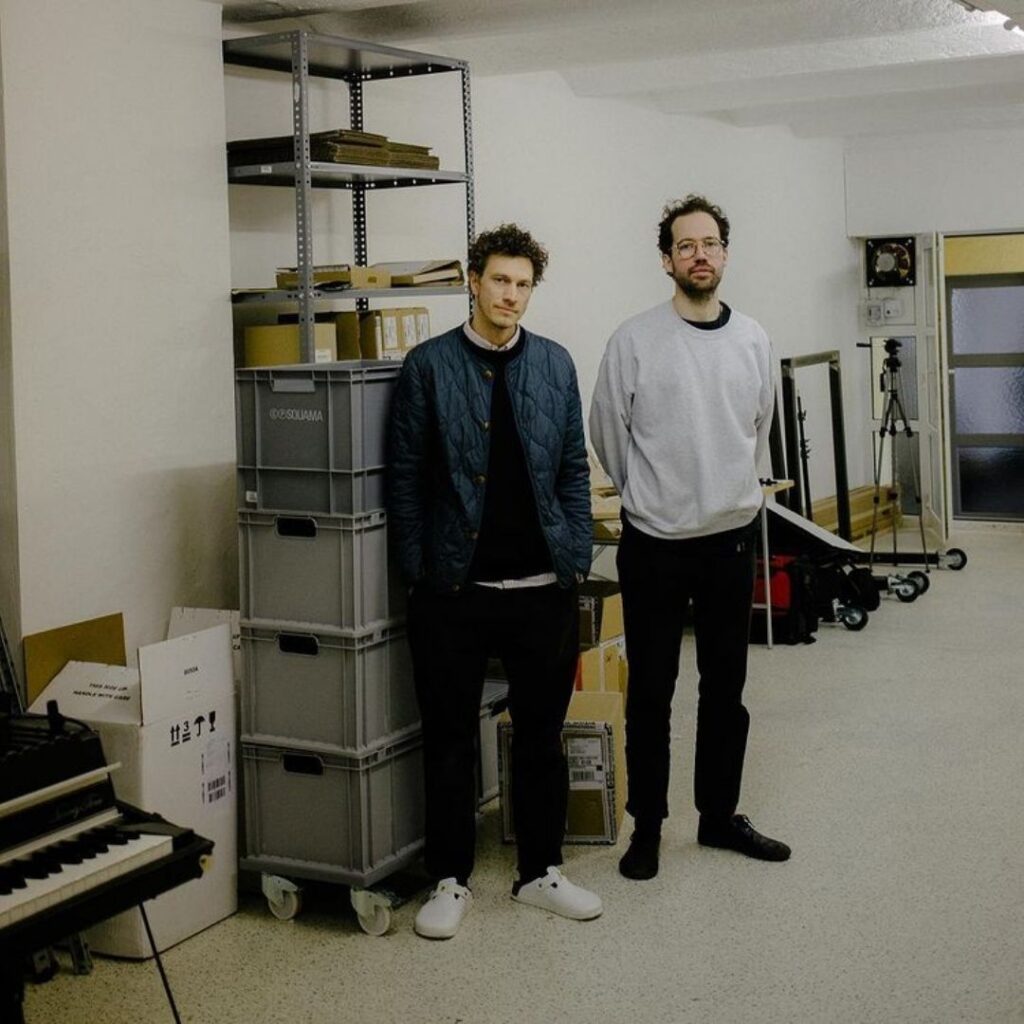
The label is very closely rooted to your circles. How do you plan to expand your borders?
Martin: There are two ways that the records we put out are created. The first is when someone would send us a nearly finished record, which was the case with Simon Popp. It’s also the same with another record we’re putting out next year from Damian Dalla Torre from Leipzig. Sometimes it just clicks and that’s cool.
The other way records are being made is that we come up with an idea for someone or a group of musicians to create an album based on a specific concept together. That’s the case with the record with Enji. We’re not just a label. We’re also really producing the record: from conceptualizing the idea to going through rehearsals with the artists to booking studio time and actually being there in the studio, all the way to working on the artwork.
Speaking of artwork, is it mostly something you define together with the artists or is that something you just create based on the concept of the album?
Max: Whatever we do, it always starts with defining an underlying idea or concept. Once we agree on a direction, it’s then a process of exploration and searching what would fit with the people behind the music. Have you seen the latest thing we put out?
Triptych?
Max: The artist Matthias Lindermayr is really into conscious eating and living. I’ve also always wanted to work with close-up food shots to create abstract imagery, so we came up with the ramen soup idea for the artwork of Triptych. Matthias cooked the soup, Lion shot parts of the video, and I took the pictures.
From there, it opened up a lot of other possibilities. The handwriting on the artwork is done by a sushi chef from this tiny restaurant in Munich. They have these handwritten flyers on the walls, so it was really nice to get him to write the title for the record.
These are probably details people don’t care about too much, but we love to see how far we can stretch an idea.
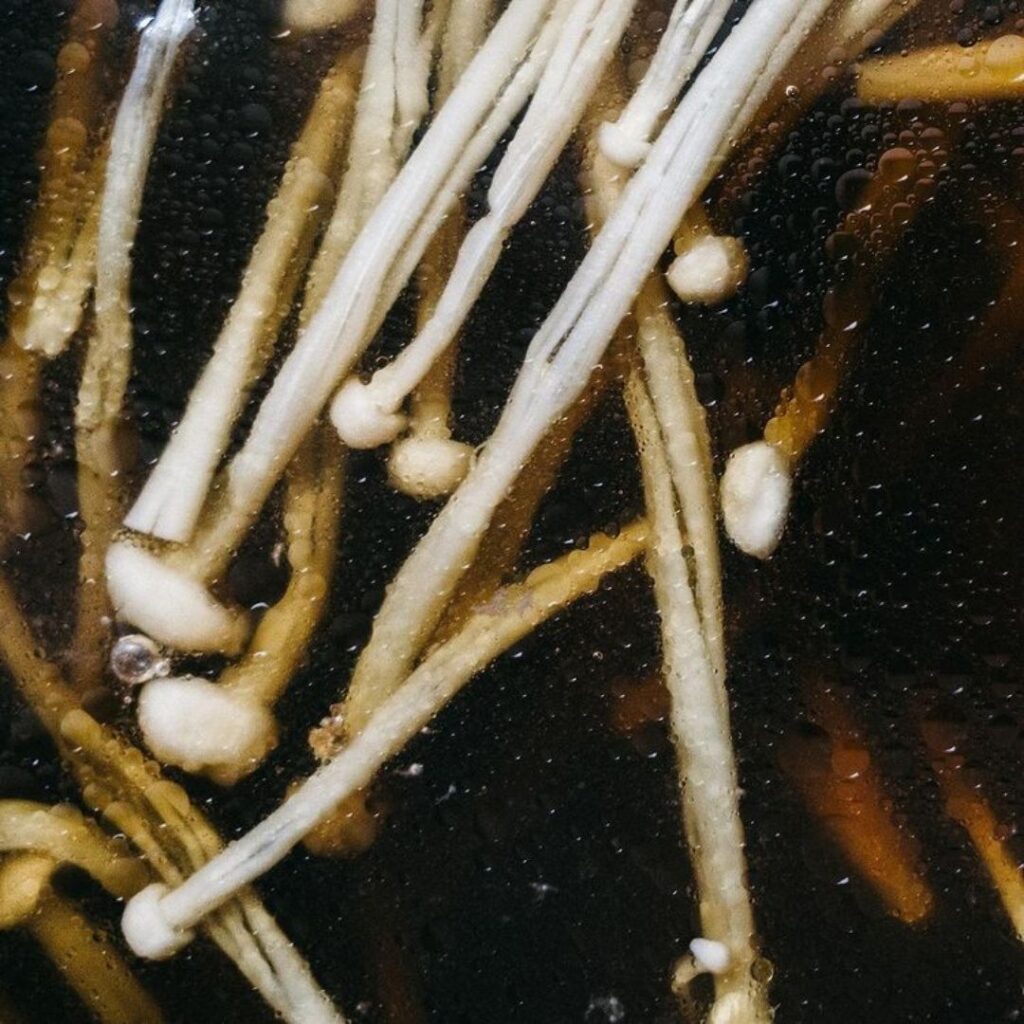
We’re just curious how you approach it as some artists may be married to a certain aesthetic or a certain image of what the music is in their head.
Max: What we really ask from the artists is trust in what we’re coming up with. The more records we’ve done and the more things people have seen, the more trust we get. I realize that with Daily Dialogue, as well. The more of a solid body of work you have, the more people trust you and they know they will need to trust you. Even if they are not convinced in the first place, I want them to know they can be sure that they will be happy with the result in the end. It’s very important for us that we create something that fits with the artist and the label.
That’s why I also think it’s important that artists really know what they do and know what they stand for. Sometimes we get demos where we feel like the artists don’t know what we’re doing with Squama at all. It’s important for us that we have a common vision.
And what’s your criteria for accepting a demo for Squama?
Martin: Either it clicks or it doesn’t. Max and I are mostly on the same page about this too.
Max: Martin has the ability to hear two steps ahead and tell if there’s potential in the music. I totally trust him in that sense.
Martin: That’s true for the other way around too. Certain artworks need time to grow on me and I fully trust Max that they eventually will.
Martin, do you see Squama as a sort of an extension of what you were already doing before with Fazer?
Martin: What we did with Squama is just start a network that kind of spins itself. It’s cool that artists are also starting to work together without our doing. Simon Popp and Enji just recently met up to record new material and it’s definitely going to be a record on Squama. We’re also trying to spin this network wider than just the city walls. A good example, perhaps, is the record we’re putting out with Damian. He’s been working on the record with 20 musicians. I know some people who played on it and I already know that there are some people who will at some point hopefully put out their own records on Squama too.
How does the energy of Munich inspire the label? What is it about Munich that makes it a good breeding ground for the label to thrive?
Max: For a small city that is often described as uninteresting, we are surrounded by a very good group of people such as the guys running Radio 80000 and Public Possession who have a very good energy and a strong drive to develop their own ideas.
Martin: Radio 80000 has definitely been a crucial factor for us in the past six years. After we did the first recordings with Fazer, we sent it to a couple of labels to no avail and the guys from the radio circle kind of gave me a push to put it out ourselves. They knew more about the music we were doing than I did back then.
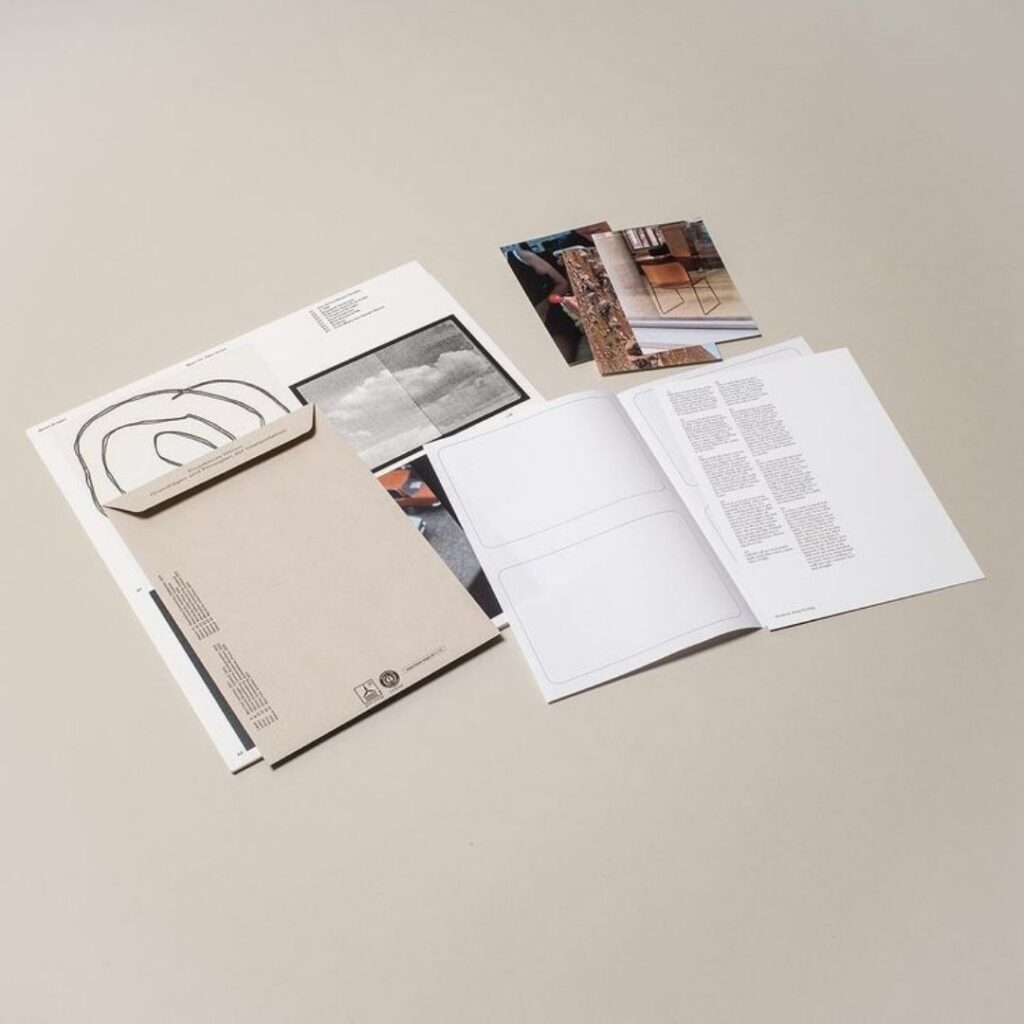
So, how would you describe the sound of Squama to a stranger who has never heard of it before?
Martin: That’s hard, but I think the minimalist aspect of music is foundational to Squama.
Max: One concept that is also deeply-rooted to Squama is our necessity to go beyond the obvious. If there’s a straightforward solution, we always avoid it. We like to go one step further. In everything we do, we want to try to surprise ourselves. We don’t want to repeat ourselves too much.
Martin: We want people who listen to a record of ours to instantly know it’s us because there’s a certain set of aesthetics that runs through our releases.
Would you say that your releases are representative of the sound of contemporary music in Munich?
Martin: A lot of contemporary music from Munich right now within the wider jazz realm is a mixture between acoustic and electronic club music. We’re trying to establish our own way of doing it. In a way, I would say we created our own stream of the Munich sound with Squama.
Max: I think what we do is also just the result of the both of us doing it together with the things that connect us and the network we have. In the end, we can’t really define if what we do fits or comes from here. Of course, it definitely comes from here because we are both from here. But maybe it comes from here because we also don’t feel very much connected to what comes from here. It’s just that we do together that creates a result.
Both of you do more than just the label. What does Squama mean for you?
Max: The label gives me the platform to work on a lot of diverse projects that I can relate to content-wise. It’s nice to have a home where I can develop what I think is right or what I think we should do, without any compromise.
Martin: For me, it gives me a bigger perspective. It’s also the comfort of knowing that in the end I will never have to sit on a record I want to put out because I don’t find a label who wants to do it. It gives me the platform to realize ideas whether it’s as an artist or as a producer. Because in the end, if Max is cool with it, then we can go ahead and make it happen.
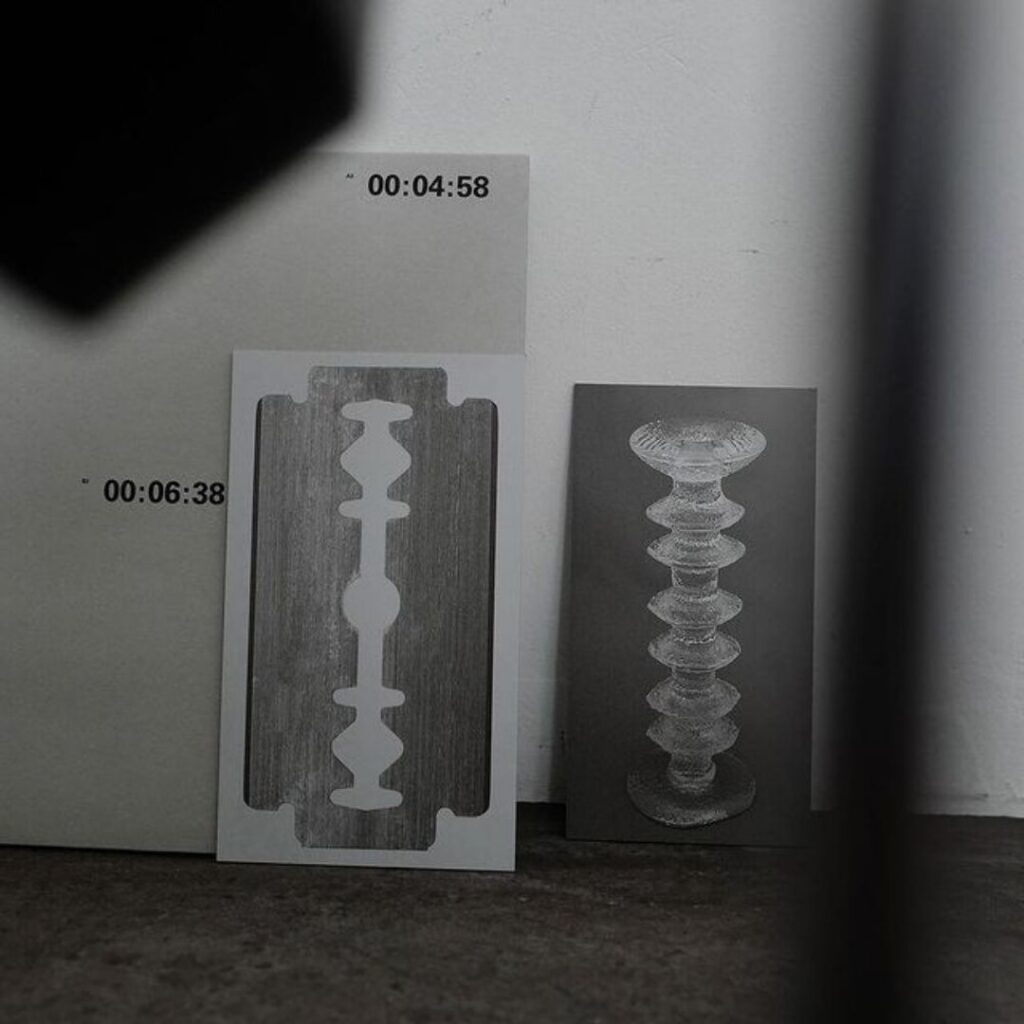
Do you still put out music on other labels, Martin?
Martin: If I’m producing or creating music, it’s always in the back of my mind to put it out on Squama. Half of the label taste-wise also comes from me and this is obviously also reflected in the music that I’m making, as well.
The next record of Fazer is actually going to be released by City Slang from Berlin. As the touring side of things is very important for us, we decided it might be nice to work with a label with a bigger reach to fire up the live side of things. It was really hard for me in the beginning, because there’s obviously a conflict of interest in me being a part of the label and also being a part of the band. But I decided that it’s an important step for the band that we as a label can also benefit from, whether it’s just the knowledge that we’ve also put out other releases on Squama or that they check out the rest of our catalog too.
So, what are you guys interested in exploring next?
Martin: I would love to work more on my own music. I want to put another solo record out because the last one was almost entirely done in the first lockdown and I realized that I haven’t really found that much time since then to just work on my own music. I’m not that good at disciplining myself to work on music even though I love doing it. We also have some records lined up that I think we’re both excited to put out. There are also going to be some new and interesting productions next year.
Max: It feels totally right as it is right now. We have really interesting projects coming up and every project is a new exploration of what we can do. It’s always nice to just dive into one world and then go to the next. As our network expands, we are also able to work together with more people we like. One of my best friends is a super good illustrator who developed himself into a really nice artist in recent years. He will produce an animation video for us. I would love to realize more of that.
Any other collaborations you want to realize for the label?
Max: Nothing top of mind, but as we always think of new ideas with every record that we put out, new collaborations always arise from that.

